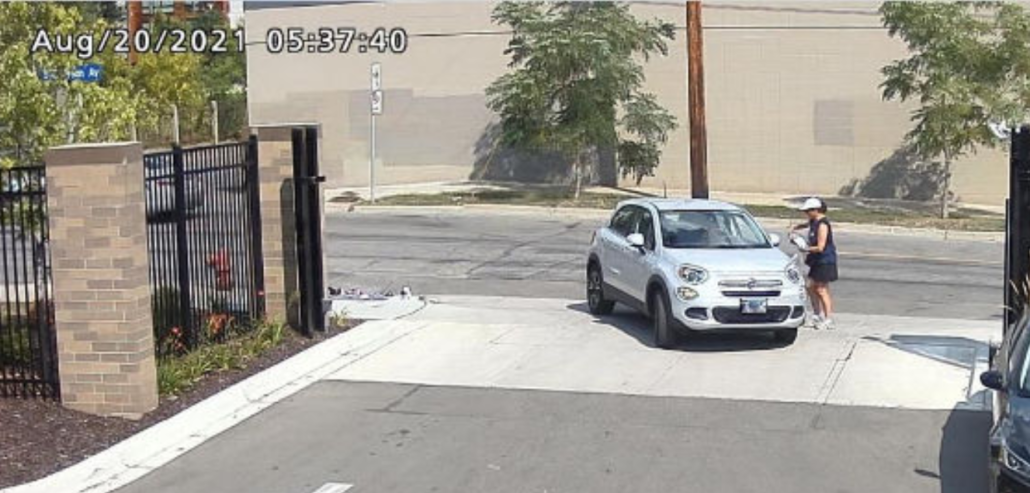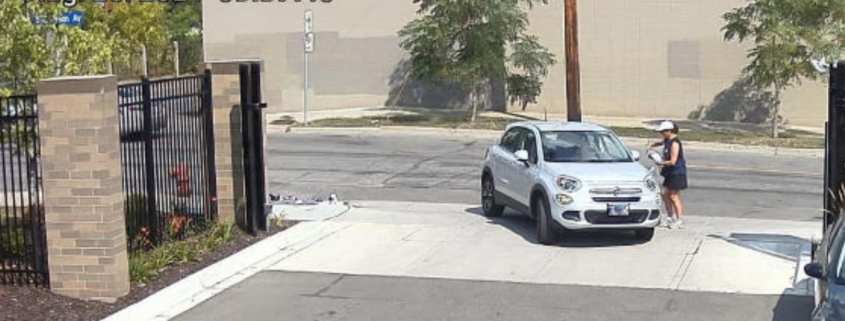Pro-Lifers Sue Minneapolis Over “Exclusion Zone” Ordinance
When Roe was thrown into the ash heap of history and Dobbs became the law of the land, I highlighted a little-noticed footnote in the Dobbs opinion strongly hinting that “bubble zone” laws targeting pro-life speech would be next:
The sentence “And they have distorted First Amendment doctrines” is followed by footnote 65, which cites Hill v. Colorado, an infamous 2000 Supreme Court case. Colorado legislators hostile to prenatal justice had enacted a “buffer zone” prohibiting peaceful distribution of pamphlets within 100 feet of abortion facilities. Successful sidewalk advocacy saves lives and deprives the abortion industry of revenue; the goal of buffer zones is to prevent sidewalk advocates from convincing mothers not to kill their babies. Hill upheld the Colorado law and denied freedom of speech for pro-life advocates on public sidewalks outside abortion centers.
The footnote is a serious black mark against Hill, and against buffer zones generally. Although Hill has not been formally reversed, a majority of the Supreme Court would clearly find sidewalk censorship unconstitutional today.
A lawsuit filed in Minnesota on Wednesday could be the vehicle the Supreme Court needs to overturn Hill v. Colorado. The suit, brought by a Christian sidewalk counseling organization, argues that a Minneapolis “exclusion zone” ordinance violates numerous rights articulated in the First Amendment. Being Christian, they assert a violation of their free exercise of religion. But their claim for violation of freedom of speech is stronger, and if their lawsuit is successful, secular speakers will also benefit.
The Minneapolis ordinance against sidewalk counseling is not quite as blatant about its purpose as the law in Hill. Rather than ban distribution of pamphlets, it prohibits simply being on particular sidewalks and driveways adjoining the abortion center unless “crossing the driveway completely from one side of the driveway to the other without stopping or slowing and continuing to a destination beyond the furthest lot line of the [abortion] facility.” It’s framed less like the Colorado bubble zone law and more like a mini-FACE Act against those who would “obstruct, impede, or hinder” the entrance.
The plaintiffs, however, have persuasive photographic evidence that their sidewalk counseling practices do not physically obstruct anyone. They approach cars from the side and present ethical pregnancy resources through the windows, without blocking the cars from moving forward:

This is allowed under the FACE Act, but not under the Minneapolis ordinance, purely because they “stop” or “slow down” on a public sidewalk. To be clear, the FACE Act is itself dreadful and inequitably enforced, but that’s a subject for another article. My point is that Minneapolis has gone a step further, and this is obvious viewpoint-based censorship. As a plaintiffs’ spokesperson put it in their press release, the ordinance “deliberately attempts to stifle our peaceful offers of life-affirming alternatives and support to pregnant women and their companions outside the Minneapolis Planned Parenthood abortion facility.”
The plaintiffs allege that their sidewalk counseling efforts have saved over 3,600 children from death. If that is even close to accurate, the lost abortion revenue easily exceeds a million dollars. No wonder Planned Parenthood lobbied for an exclusion zone!
The case is assigned to Judge Jerry Blackwell, a Biden appointee.



